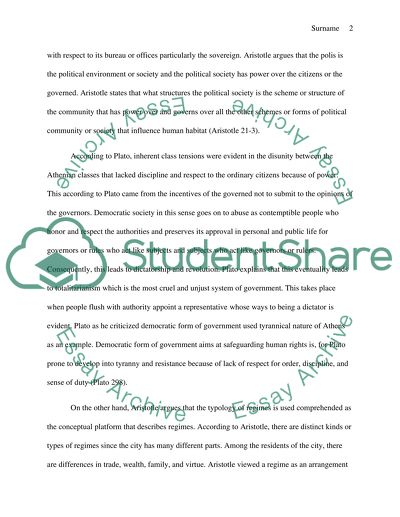Cite this document
(“Ancient and Medieval Political Theory Essay Example | Topics and Well Written Essays - 1500 words - 4”, n.d.)
Ancient and Medieval Political Theory Essay Example | Topics and Well Written Essays - 1500 words - 4. Retrieved from https://studentshare.org/social-science/1668148-ancient-and-medieval-political-theory
Ancient and Medieval Political Theory Essay Example | Topics and Well Written Essays - 1500 words - 4. Retrieved from https://studentshare.org/social-science/1668148-ancient-and-medieval-political-theory
(Ancient and Medieval Political Theory Essay Example | Topics and Well Written Essays - 1500 Words - 4)
Ancient and Medieval Political Theory Essay Example | Topics and Well Written Essays - 1500 Words - 4. https://studentshare.org/social-science/1668148-ancient-and-medieval-political-theory.
Ancient and Medieval Political Theory Essay Example | Topics and Well Written Essays - 1500 Words - 4. https://studentshare.org/social-science/1668148-ancient-and-medieval-political-theory.
“Ancient and Medieval Political Theory Essay Example | Topics and Well Written Essays - 1500 Words - 4”, n.d. https://studentshare.org/social-science/1668148-ancient-and-medieval-political-theory.


